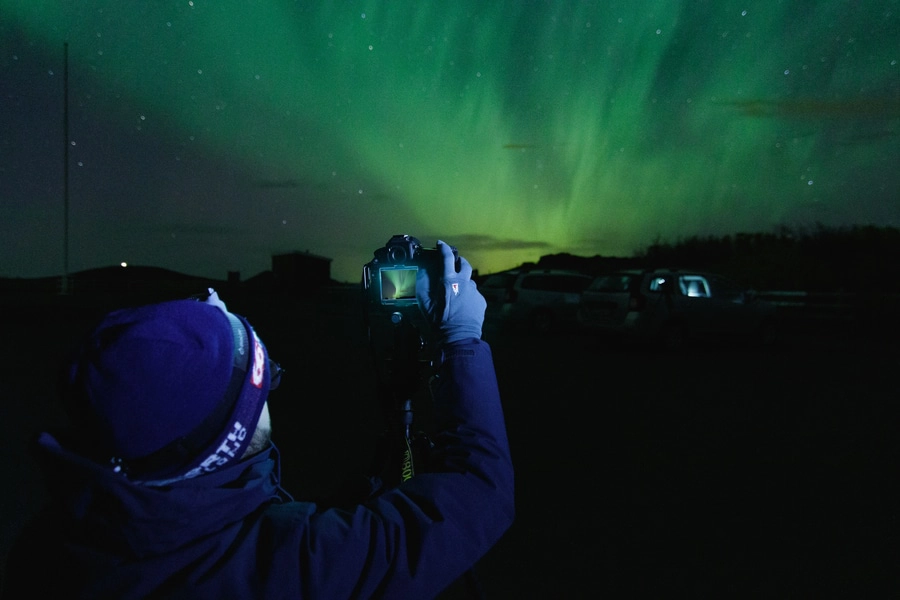





We are more than 70,000 photographers in the Capture the Atlas community
Subscribe to our weekly newsletter to receive our latest photography guides, tutorials, and workshops!
We help you take the photos you have always dreamed of. Discover our photography guides, gear reviews, and editing tutorials.

ATLAS - ENGLISH
Travel guides to help you organize your next adventure around the world. All the information you need to plan the perfect trip.
Enjoy and be inspired by Dan Zafra’s photo gallery. Images captured in some of the most breathtaking places on Earth.



Do you want to hone your photography skills while discovering the most beautiful places in the world?
The place where your dream photos come true
I like traveling as much as I enjoy planning trips and helping others prepare their adventures.
If it's a wildlife destination, then I'm always glued to my camera. Would you like to join us?
Photography is my passion and I love teaching and sharing everything I know.
Would you like to join me on this trip? Buckle up and get ready for an experience of a lifetime!
We book our rental cars at Discovercars.com
- FOLLOW US ON SOCIAL MEDIA -
If you are passionate about photography and want to see our latest images and adventures, don’t forget to follow us on social media.















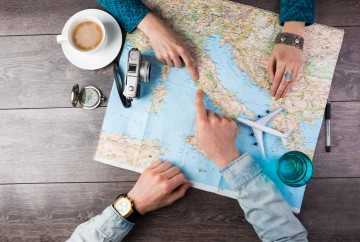

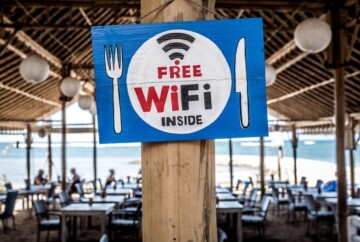




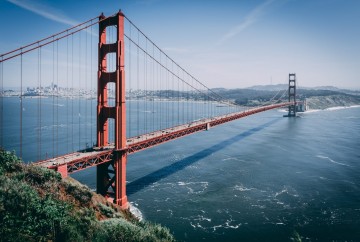

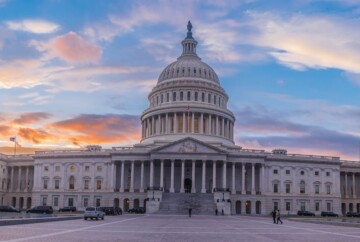






![noise in photography [:es]Milky way two jack lake banff canada alberta mirror pines sky photography night banff montañas rocosas de canada [:en]Milky way two jack lake banff canada alberta mirror pines sky photography night[:] where to stay in banff](https://imgcap.capturetheatlas.com/wp-content/uploads/2017/06/two-jack-mirror-milkyway-360x242.jpg)



